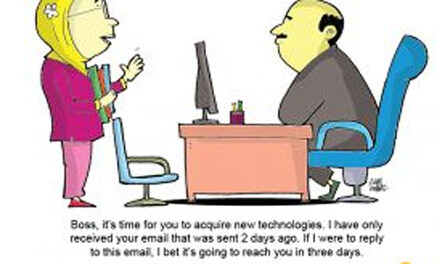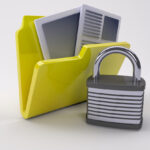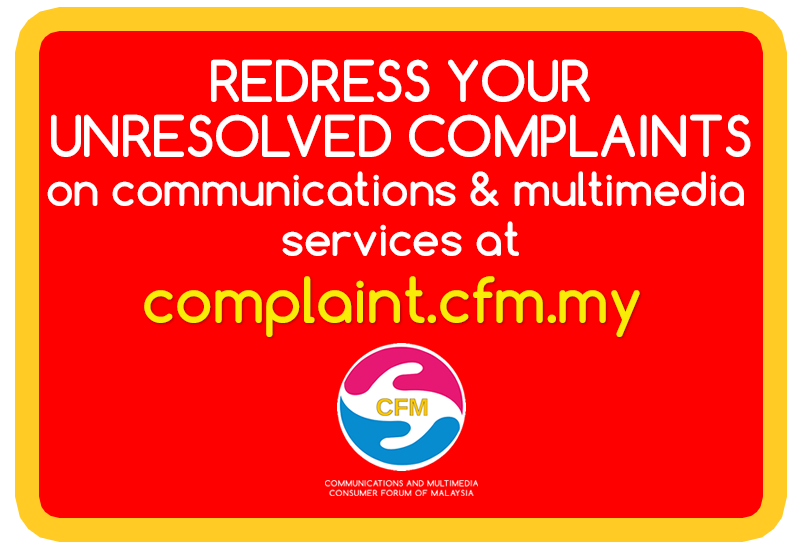BEGINNER’S GUIDE: HOW TO CLEAN UP YOUR ONLINE TRACKS AND KEEP YOUR
SECRETS SAFE
Every click and press in the online world leaves something behind, much like footprints in the sand. Your digital footprint is made up of these traces, which demonstrate your online activity and where you’ve been. But what’s this? To protect your privacy and keep your online secrets secure, you can remove these markers. Let’s get started with some easy actions that anyone can do.
Why Do You Need to Care?
Think of your internet activity as leaving breadcrumbs all over the place. Some companies use these breadcrumbs to track you down, match your usage to the advertisements, and in some cases even attempt to steal your private information. By removing your digital traces, you can:
• Keep Your Secrets: You wouldn’t want complete strangers to know everythingabout you, would you? Maintaining order helps keep your private information private.
• Prevent Getting Hacked: Cybercriminals attempt to access large amounts of online data. Cleaning up implies there will be less things for them to discover.
• Maintain a Professional Online Image: Potential employers or friends might look about you online. A flawless footprint makes you stand out.
Steps to Clear Your Online Tracks:
1. See what’s on hand: Imagine doing a web search for yourself. Go online and search for your name. What shows up? Anything old or embarrassing? Note down what you want to fix.
2. Delete your unused accounts: Do you remember those accounts you set up just for one specific reason? Delete them if you’re not using them. It’s similar like shutting doors so that nobody could peep inside.
3. Got social media accounts? Hide your content there. It’s time to contain them. Change the settings so that only your friends can view your postings. Remove items as well that doesn’t fit your image anymore.
4. Get Rid of Items You Don’t Need: Go through your posts and pictures, much likyou would when cleaning your room. What you don’t want other people to see, delete. It’s similar to discarding outdated clothing that you don’t use.
5. Tell Data Collectors “No Thanks”: Are you familiar with data brokers? They gather and sell your information. They can accept your “no thanks” in return. More privacy for you means less information for them.
6. Lock Your Devices: Pretend your devices are similar to your diary. Use two-factor authentication and strong passwords to lock them away. It’s comparable to covering your diary with a secret code and hiding it under your bed.
7. Use apps with caution; they often request permission to access your data. Only when you are confident in them should you review and respond “yes.” It’s similar to letting a close buddy borrow your toys, only if you know them well.
8. Be a Secret Ninja Online: Use private mode when browsing. It’s like wearing invisible shoes online. To conceal your location, make use of a VPN as well.
9. Organise Your Online Spaces: Make sure the accounts you want to keep are tidy. Less personal data equals less that is visible to others. It’s similar to keeping your room organised.
10.Keep Learning: The online environment is constantly evolving. Readers are encouraged to learn new tips and techniques for being safe online.
Final Thoughts
As with sweeping your front porch, clearing up your digital footprints keeps your secrets safe and improves how you come across to visitors. Not everything can be eliminated, but you can make it more difficult for people to spy. You’ll master the art of keeping your online life private if you adhere to these easy measures.














